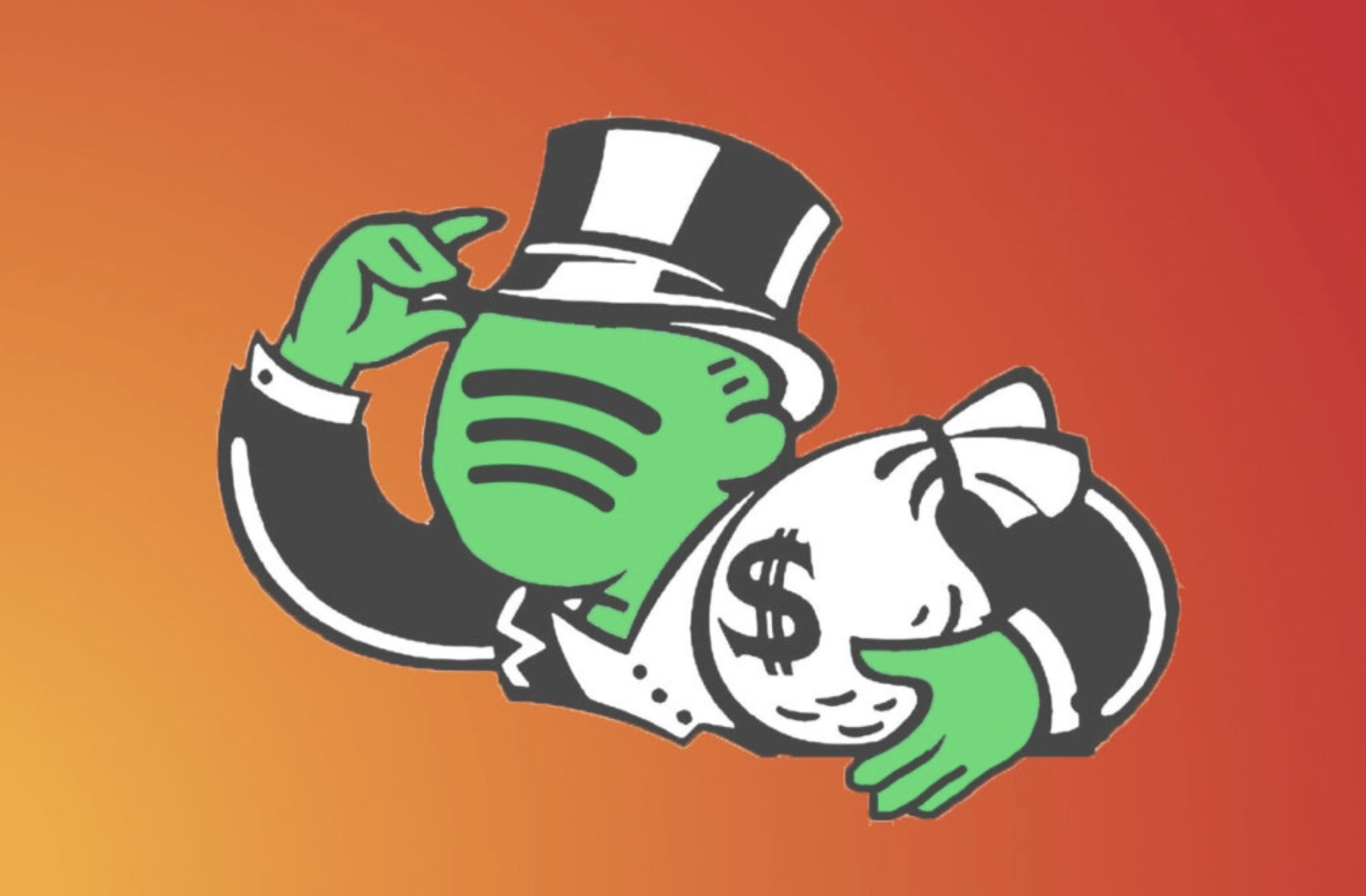In the ever-changing music industry, artists are often offered an abundance of promotional services that promise authentic and organic results. Many musicians provide honest and positive reviews of their experiences using these services. However, Spotify, DistroKid, and many other distributors have recently started urging artists not to use any advertising services at all.
In today’s piece, we’ll take a look at Spotify’s most recent controversial moves, which have angered numerous musicians on X. We hope to give a clear and unbiased analysis of these events to assist you in deciding whether to obey these platforms’ demands and if it is safe to pay for promotional services.
First, let’s look at the history of music marketing
Music marketing services have long been an important part of how the industry works. Its prominence and usefulness may be traced back over a half-century, indicating its lasting significance. Artists, record labels, and management teams have long depended on these services to generate buzz for new releases, manage publicity, and influence radio play.
The rising popularity of these services has fueled what is today a highly competitive music marketing sector. Major record labels, as industry giants, use a sophisticated mix of conventional and digital marketing methods. They methodically plan and execute multifaceted campaigns that use the power of promotional services at many levels. This might include complex social media campaigns, alliances with significant organizations in the industry, and, of course, the ever-important streaming platform promos.
It accentuates the undeniable facts: music promotion is pivotal, and amid the current competitive environment, diverse promotional strategies are not just a possibility but a necessity.
“My distributor has warned me to stop using promotional services.” Should I be concerned?”
As previously stated, numerous artists have recently reported getting a warning to stop the use of promotional services. Otherwise, their music will be removed.
In response to your distributor’s warning against the use of promotional services, it is critical to investigate their objectives and implications. Platforms like DistroKid and Spotify reserve the right to enforce their own policies and guidelines. However, they do not have the power to legally prohibit independent artists from utilizing third-party promotional services. Adopting such limits would be extremely harmful to the development of small and independent musicians, highlighting the gap between underground and established artists.
It is worth mentioning that if platforms like Spotify and DistroKid only allowed artists to utilize their in-house promotional services, they would effectively establish a monopoly in the music marketing business. Such supremacy would be unethical, if not illegal, and might result in unrestrained control over music marketing strategies, restricting innovation and variety in the music industry.
Why would DistroKid and Spotify send out messages to their customers asking them to stop using promotion services?
The reasons why platforms like DistroKid and Spotify would prevent their customers from using external promotional services can be broken down to one simple factor: competition. DistroKid and Spotify, as businesses, provide their own exclusive music marketing services. Naturally, companies want to secure the success of these services by discouraging consumers from using competitors’ offers.
This strategic action is often motivated by the desire to increase earnings. These platforms may expand their income streams by directing or forcing customers to utilize their in-house promotional services rather than other marketing possibilities. The more artists that utilize DistroKid and Spotify’s own promotional services, the better their market presence and bottom line will be.
Conclusion
To summarize, although it is important to be cautious and follow the standards and regulations set by your distributor, it is equally important to understand the potential consequences of their unfair limitations. It is in your best interest as a musician to weigh all of your options and choose promotional services that are most aligned with your goals and may successfully contribute to your creative journey.
So, as a musician, know that your professional success and artistic satisfaction come first. Be cautious in your promotional service selections, but don’t allow any platform to frighten you.
Stand up for your rights, market your music via the channels you feel will best serve your interests, and make certain that your music reaches its intended audience. Needless to say, rather than surrendering to restricting corporate methods, your artistic journey should always be about boosting your voice.
Finally, be aware that, as an artist, you should not be concerned about DistroKid or any other distributor removing your tracks. You, as an artist, always have the right to distribute your music as you see fit as the track’s copyright owner. If one distributor chooses to remove your tracks, you have a 100% right to re-upload them via a different distributor.
The post Artists Enraged: Unfair Spotify Practices appeared first on 24Hip-Hop.




